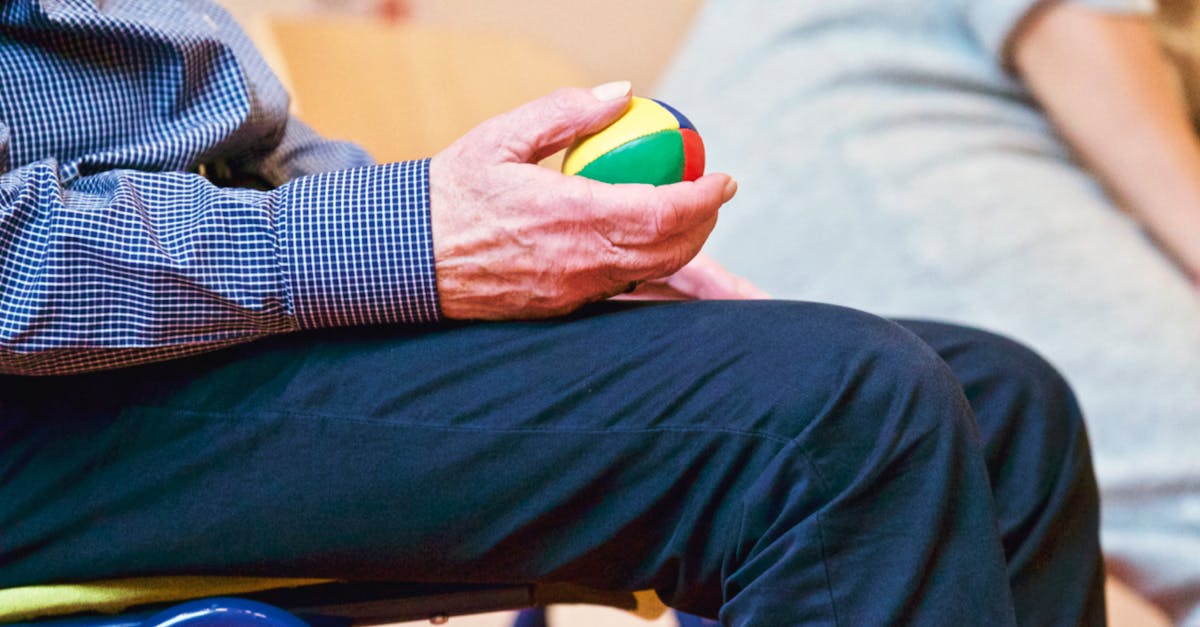
Table Of Contents
Integrating experiential therapy into family counselling
Integrating experiential therapy techniques into family counselling has proven to be an effective approach in promoting healing and understanding among family members. Activities and experiences are used to facilitate communication and emotional expression within the family unit, allowing individuals to connect on a deeper level. Through experiential therapy, families can address issues, build empathy, and strengthen their relationships in a collaborative and engaging environment that fosters growth and transformation. This dynamic approach to family therapy encourages active participation from all members and can lead to long-lasting positive outcomes in terms of communication, trust, and connection within the family system.
Learn about the benefits of using activities and experiences to enhance family connections
Engaging in activities and shared experiences can bring about significant benefits in the realm of Family Therapy. By incorporating these elements into counselling sessions, families can foster stronger connections, improve communication, and enhance their overall relationships. Activities such as art therapy, role-playing, or outdoor excursions provide a unique opportunity for families to interact in a non-traditional setting, leading to more profound insights and increased mutual understanding.
The use of activities and experiences in Family Therapy not only encourages creativity and self-expression but also helps to break down barriers that may exist within the family unit. Through hands-on engagement, family members can explore emotions, fears, and aspirations in a safe environment, ultimately paving the way for deeper emotional connections and shared growth. These interactive approaches offer a refreshing alternative to traditional talk therapy, allowing families to bond in new and meaningful ways while working towards healing and reconciliation.
The impact of psychoeducation in family therapy
Psychoeducation plays a pivotal role in the realm of Family Therapy by equipping families with the necessary knowledge and skills to navigate challenges. Through education on mental health conditions and coping strategies, families can foster a deeper understanding of their circumstances and develop resilience in facing obstacles together. This form of intervention not only empowers families to effectively manage their dynamics but also enhances communication and promotes a sense of unity within the family unit.
By integrating psychoeducation into Family Therapy sessions, therapists can address common misconceptions about mental health issues and provide families with tools to support their loved ones. Educating families on topics such as anxiety, depression, or addiction enables them to identify warning signs, seek appropriate help, and cultivate a supportive environment conducive to healing and growth. Ultimately, the impact of psychoeducation in Family Therapy extends beyond the therapy sessions themselves, creating a lasting impact on the family's ability to navigate future challenges together.
Discover how education about mental health can empower families to cope with challenges
Education about mental health plays a pivotal role in empowering families to confront and navigate challenges within the realms of Family Therapy. By imparting knowledge and understanding about mental health conditions, families are equipped with the tools to comprehend and manage the nuances of their situations more effectively. This educational component fosters a sense of empowerment and control, enabling families to make informed decisions and implement coping strategies within the therapeutic framework.
Furthermore, educating families about mental health can alleviate stigma and misconceptions surrounding psychological issues, fostering a more supportive and understanding environment within Family Therapy sessions. When families possess a foundational understanding of mental health concepts and conditions, they are better equipped to communicate openly and empathetically with each other, ultimately enhancing the therapeutic process. This knowledge acts as a catalyst for growth, resilience, and healing within the family unit, emphasizing the transformative impact of education in the realm of Family Therapy.
Emotionally focused family therapy approaches
Emotionally focused family therapy approaches emphasise the significance of emotional expression and attachment in fostering healing within familial relationships. This therapeutic strategy operates on the belief that emotional connections and interactions between family members are fundamental to understanding and resolving conflicts. By encouraging open communication and exploring feelings, this approach aims to strengthen bonds and promote understanding among family members. Through this process, individuals can develop a deeper sense of empathy and connection, leading to improved relationships and overall well-being within the family unit.
In emotionally focused family therapy, the focus is placed on the underlying emotions and attachment patterns that influence communication and behaviours within the family dynamic. By delving into these emotional experiences and examining the role of attachment in shaping relationships, family members can gain insight into their own patterns of interaction. This heightened awareness enables individuals to identify and address emotional barriers that may be hindering healthy communication and connection. Ultimately, emotionally focused family therapy aims to facilitate a deeper emotional bond between family members and promote a supportive and nurturing environment within the family unit.
Explore the significance of emotional expression and attachment in family healing
Emotionally focused family therapy places a strong emphasis on fostering emotional expression within the family unit. By encouraging members to openly communicate their feelings and emotions, this type of therapy aims to create a safe space for individuals to express themselves authentically. Through the process of acknowledging and validating these emotions, families can work towards resolving conflicts and rebuilding trust. The core idea behind this approach is that by exploring and understanding the underlying emotions driving certain behaviours, families can develop healthier and more meaningful relationships.
Attachment theory plays a crucial role in emotionally focused family therapy, highlighting the importance of secure emotional bonds within the family. This theory posits that the quality of attachment formed in early childhood influences an individual's ability to form and maintain relationships later in life. In the context of family therapy, understanding attachment patterns can help identify sources of conflict and facilitate healing within family dynamics. By addressing attachment issues and working towards creating a secure emotional environment, families can strengthen their connections and foster resilience in the face of challenges.
FAQS
What is experiential therapy in family counselling?
Experiential therapy in family counselling involves using activities and experiences to enhance family connections and improve communication among family members.
How can psychoeducation benefit families in family therapy?
Psychoeducation in family therapy involves educating families about mental health issues and coping strategies, empowering them to better understand and address challenges they may be facing.
What is emotion-focused family therapy?
Emotion-focused family therapy focuses on the significance of emotional expression and attachment in family healing, helping families explore and address underlying emotions to strengthen their relationships.
How does integrating experiential therapy, psychoeducation, and emotion-focused therapy benefit families in family counselling?
By integrating experiential therapy, psychoeducation, and emotion-focused therapy into family counselling, families can experience a holistic approach to addressing their challenges, enhancing their communication, emotional expression, and overall well-being.
